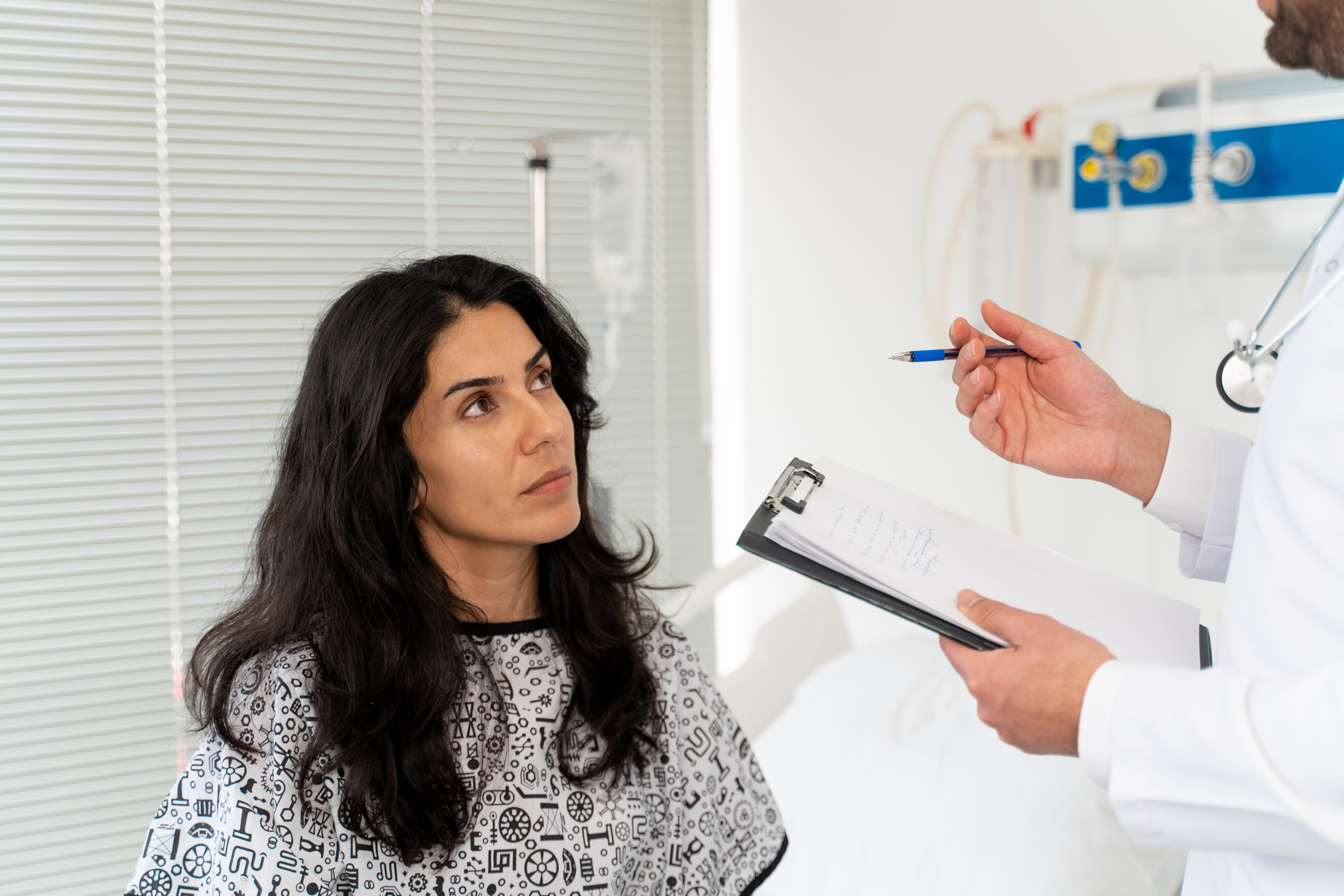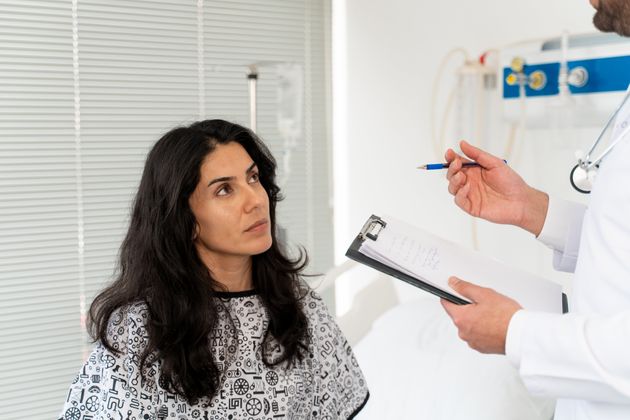
We don’t talk enough about the sensory experiences on flights. The popping ears, the flip of the stomach as take-off happens, the vast array of confined noises all happening at once… it’s a lot.
However, the one sensation that we really don’t talk enough about is just how much more gassy we are when we’re thousands of feet in the air. It’s fine, you don’t have to say it out loud, we’re saying it for you.
Advertisement
There’s something so cruel about experiencing excessive gas when you quite literally can’t escape the situation but it really is normal and if you experience this, you’re not alone.
In fact, according to Dr Karan Rajan, it’s pretty much unavoidable.
Why you need to fart more on planes
In a reel posted on Instagram, the doctor explained that because the cabin pressure decreases which leads to the air inside of your intestines increasing by up to 30%.
Then, since your colon has limited space and can only expand so much, a natural consequence is to release the fumes. While you can try to hold farts in, not only is that going to leave you feeling uncomfortable, it’s also almost impossible on a flight.
This is because the pressure of the gas travelling down will take over the integrity of your anal sphincter, and some stinky fumes will make their way out. Sorry.
Advertisement
If you’ve ever wondered why the food on planes is very carb-heavy, this is why. Low fibre foods are less likely to leave you quite so gassy.
However, Dr Rajan assures, the filters in flight air conditioners are actually charcoal and they can absorb a lot of the smell. If you do worry about farting too much or just have a sensitive stomach, he recommends avoiding high FODMAP foods such as onions, garlic, seeds, and some kinds of breads as well as eating slowly to aid digestion.
Plus, you can take comfort in knowing this can happen to everyone so you won’t be the only gassy passenger.




